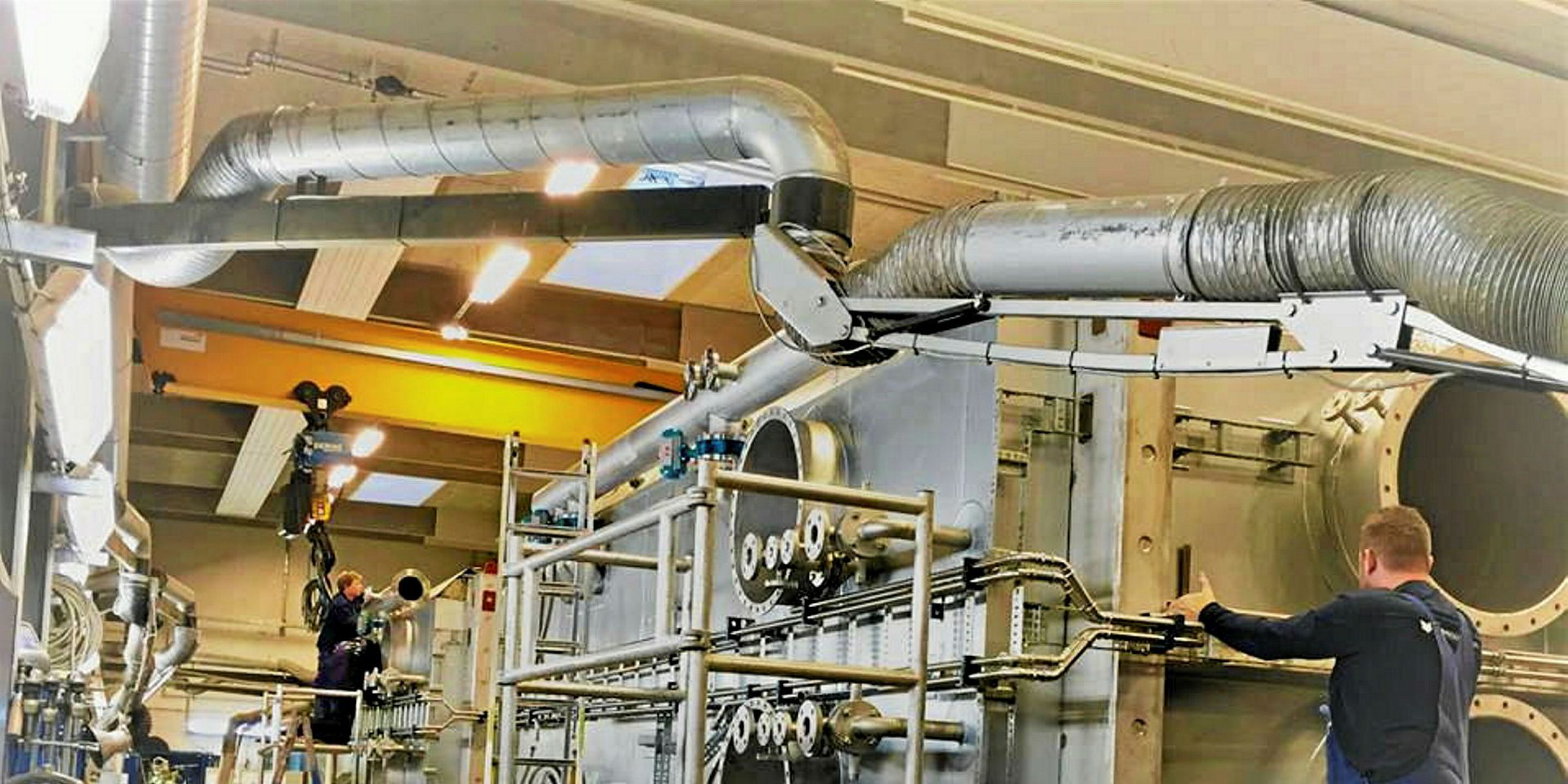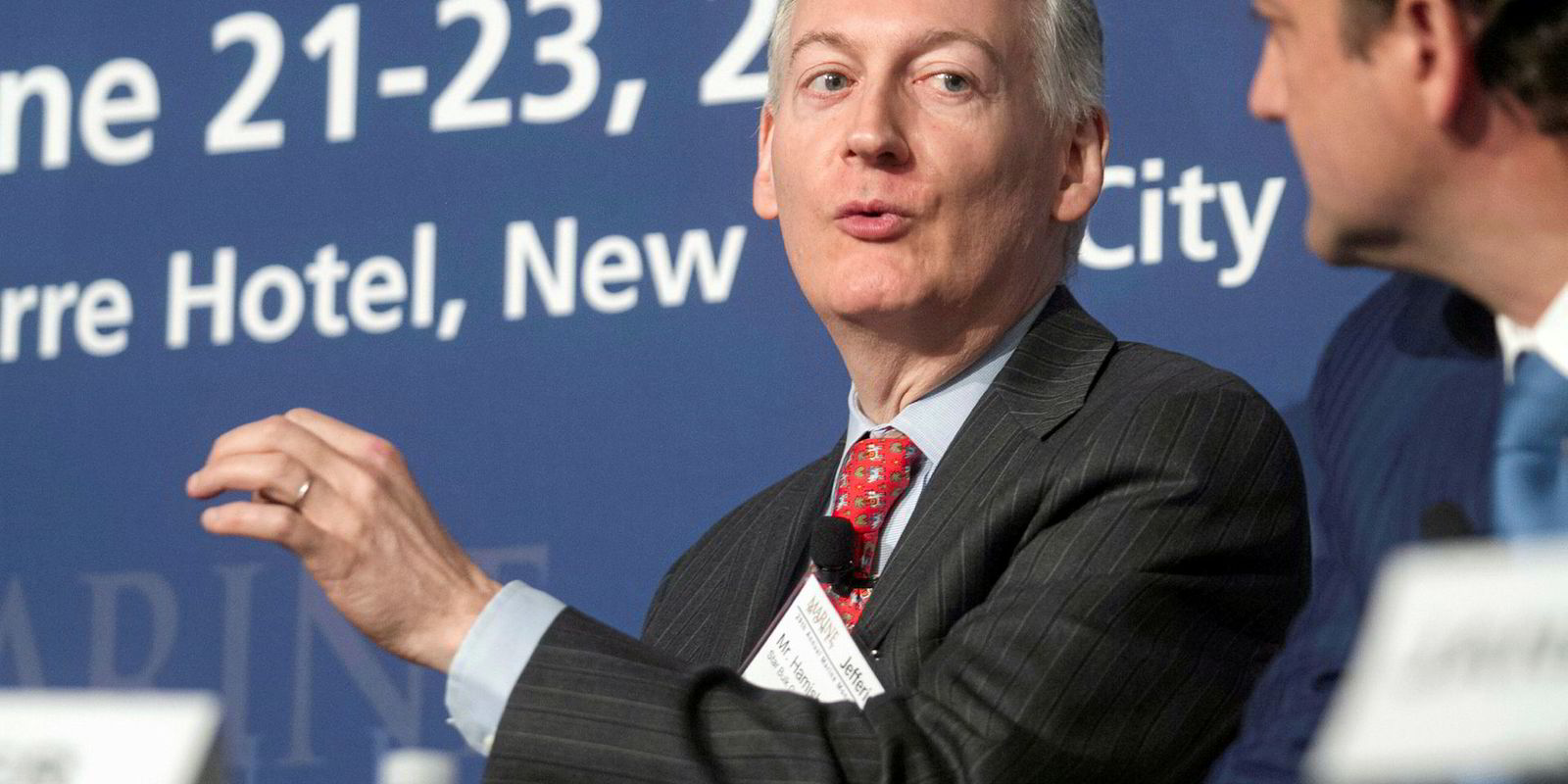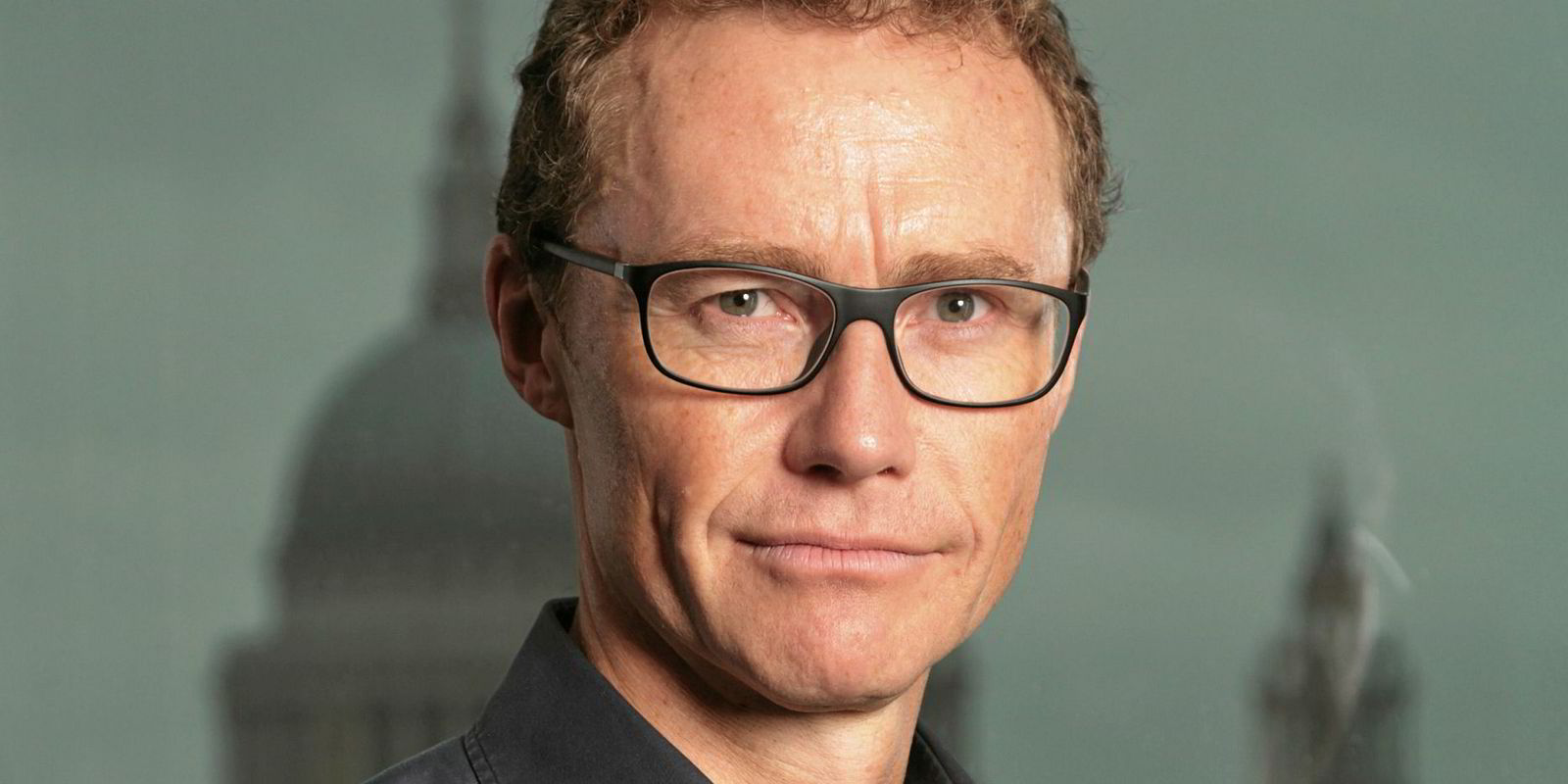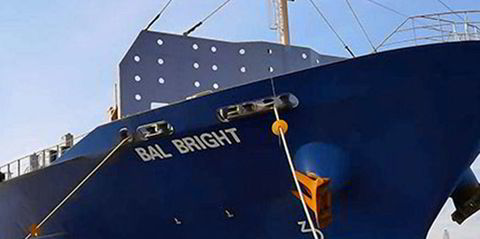In less than six months, exhaust-gas scrubbers have gone from being a dull technology to a contentious and sexy issue in shipping.
The debate has polarised those opting for scrubbers and those standing back. It sweetly captures the eternal emotional tug-of-war between fear and greed in all markets.
To the pro-scrubber community — dubbed the Scrubber Brotherhood by one sceptical shipowner — the technology brings nothing but good; it enables ships to continue to burn high-sulphur fuel and is fully compliant with the IMO's 2020 sulphur cap.
Income could be high
Doubling up on the benefit will amount to a hefty profitfrom the margin between these cheaper high-sulphur fuel grades and the more expensive 0.5% sulphur grades. With a price differential of $300 to $350 a tonne, based on current spreads, the income could be high.
Those owners on the other side of the argument admit they are equally driven by self-interest. But instead of a short-term profit, they argue that fitting scrubbers only delays the renewal of the fleet with ships that are truly green.
Without scrubbers, higher prices of low-sulphur fuel will incentivise slow steaming and give added impetus to scrap older uneconomic tonnage, they argue. That will cut ship supply, increase freight rates and thereby accelerate the drive to new fuels.
Environmental impact
And then there are the arguments about the environmental impact of scrubbers, in particular the open-loop variety where the seawater washes sulphur and other contaminants out of the exhaust before being filtered and flushed back into the sea.
This column caused howls of outrage from the Scrubber Brotherhood earlier this month when I argued scrubbers would go down on the wrong side of history.
The prediction was made not because the science against scrubbers was conclusive, far from it. It was because the idea of flushing even dilute acid into the ocean is an unacceptable approach to solving the fundamental problems the world faces from the use of fossil fuels.
It was telling in the days that followed that most TradeWinds readers who offered a view on the issue agreed. As one reader said: "Putting crap in the ocean cannot be the answer." Other media worldwide have also been examining the issue.
Leading the push back — for companies who use scrubbers, who are fitting them or who will charter vessels which have them — has been the Clean Shipping Alliance 2020.
Impressive alliance
The seemingly ad hoc group came from out of nowhere earlier this autumn with an impressive founding membership roster of 25 companies operating more than 2,000 ships, including major shipowners and operators Carnival, Frontline and Oldendorff Carriers, and charterers such as Cargill.
Despite such a powerful array, the lobby group is apparently yet to put down any solid roots. Although the group has a charter and is being coordinated from Carnival’s newbuilding department, it does not yet have an executive or even a website, which in late 2018 is something of an achievement.
We call on members to commit 1% of the profits earned from burning high-sulphur fuel to a new fund to back truly independent academic research into scrubber use and the decarbonisation of shipping
Consequently, it has fallen to Star Bulk Carriers president Hamish Norton to carry the banner for scrubbers. Being the holder of a PhD in physics and a financial pioneer for shipping on Wall Street, his arguments deserve a hearing.
But the science remains patchy and contradictory. One paper quoted by Norton is 15 years old and bears the logo of energy major BP, which raises clear questions about its impartiality.
And let’s not forget the financial context for Norton's comments.
Star Bulk, Carnival, Cargill and the other members of the Clean Shipping Alliance 2020 are playing for high stakes. Amit Mehrotra at Deutsche Bank estimates that Star Bulk could earn from $350m to $800m per year from using scrubbers on its 111 ships if the spread on fuel prices remains wide.
That would imply companies in the alliance will earn between $5bn and $15bn each year from continuing to burn high-sulphur fuel.
Investment for the future
TradeWinds believes this industry must invest for the future, in knowledge as much as technology. In the absence of a body of in-depth and impartial research into scrubbers, members of the alliance have an opportunity to show leadership and vision.
We call on them to commit 1% of the profits earned from burning high-sulphur fuel to a new fund to back truly independent academic research into scrubber use and the decarbonisation of shipping. If they are convinced of their own position, it can only strengthen it, and if not it will deepen the world’s understanding of the critical issues the industry faces.
Shipping may not be able to buy its way into heaven, but the Clean Shipping Alliance 2020 has the chance to play a positive part.






